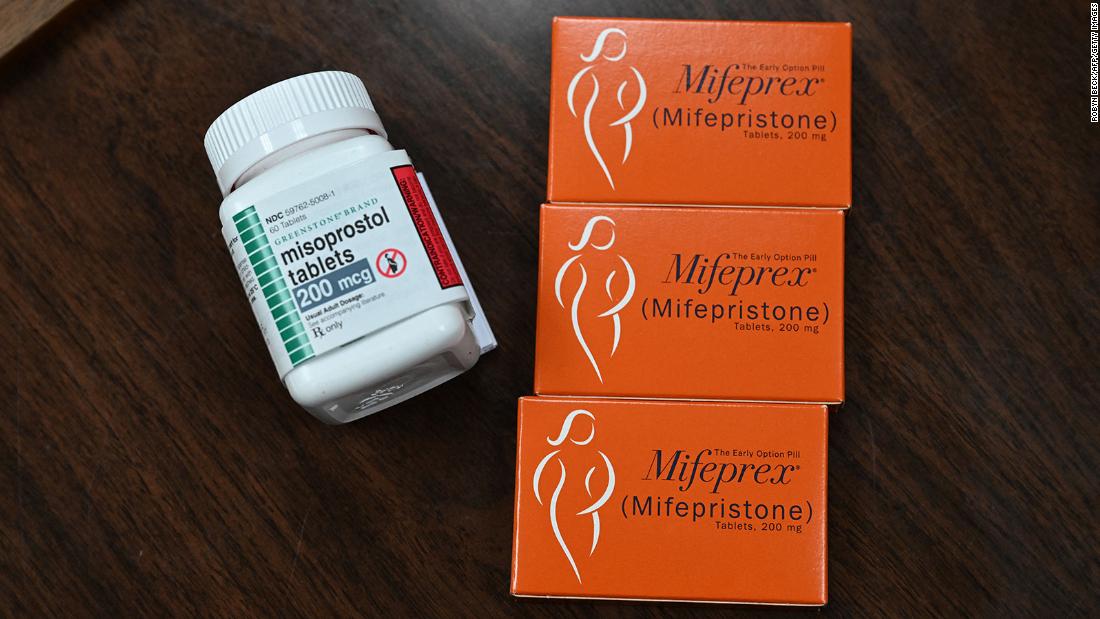TESCO customers are being urged to check their cheese over fears of deadly bug contamination.
A batch of the popular Swiss cheese is believed to contain Listeria monocytogenes – which in severe cases can cause meningitis.
Castelli UK Ltd recalls Le Superbe Raclette because of possible contamination with Listeria monocytogenes
If you’ve picked up a 150g pack of Le Superbe Raclette with a best-before date of 12 May 2025, make sure to return it to the Tesco store you bought it from.
If you’ve purchased the Castelli UK Ltd cheese from another store, you do not need to return it and it is safe to eat.
Listeria is a foodborne bacterium that can cause a nasty infection called listeriosis.
Symptoms include high temperature, muscle ache or pain, chills, feeling or being sick and diarrhoea.
Most people will recover from the illness, but some people are more vulnerable, and it can make them seriously unwell, even causing meningitis in rare cases.
The over 65, pregnant women and people with weakened immune systems should all be extra careful.
The nasty bug can pose dangers to unborn babies and and babies under one month old.
Food Standards Agency has said that customers will receive a full refund when they return the product to the store.
The bug can contaminate a wide range of foods, but most infections are caused by eating chilled, ready-to-eat foods.
Last year a selection of mousses, ice creams and yoghurts were urgently recalled after the deaths of three people in NHS hospitals.
The patients are thought to have contracted food poisoning after eating puddings contaminated with listeria bacteria while in hospital.
A further two people fell ill after being given the desserts, the UK Health Security Agency (UKHSA) and Food Standards Agency (FSA) said.
What foods are most likely to cause listeriosis?
Although listeria can contaminate a wide range of foods, it is more common in ready-to-eat foods.
Ready-to-eat foods are foods which are intended to be eaten without further preparation, such as heating or cooking.
Examples include:
Cold pre-cooked meats – such as chicken
Deli meats – such as salami and cold cuts
Smoked and cured fish – including sushi
Cooked shellfish
Soft mould-ripened cheeses – such as camembert, brie, and blue-veined cheeses
Pâté
Unpasteurised milk, or products made from unpasteurised milk
Pre-prepared sandwiches and salads
Pre-cut fruits (for example, pre-packed melon slices)
To reduce the risk of listeriosis, it’s important to:
Keep foods cold until you are ready to eat them - make sure your fridge temperature is set at 5°C or below.
Refrigerate foods as soon as possible after purchase
Eat ready-to-eat foods within four hours of removing them from the fridge
Always eat, cook or freeze foods by their use-by date. Foods after their use-by date may look and smell fine, but they could be unsafe and make you ill. You cannot see, smell or taste bacteria that causes foodborne illness.
Always follow the storage instructions, including those for opened foods, provided on the label. If there are no instructions, use opened foods within two days.
Keep raw and ready-to-eat foods separate to avoid cross-contamination
Follow the cooking instructions on packaging when applicable, and cook or reheat foods (including frozen vegetables) until they are steaming hot right through
Wash your hands regularly with soap and water before, during and after meal preparation
GettyA stock image of cheddar cheese[/caption] Published: [#item_custom_pubDate]















































































































